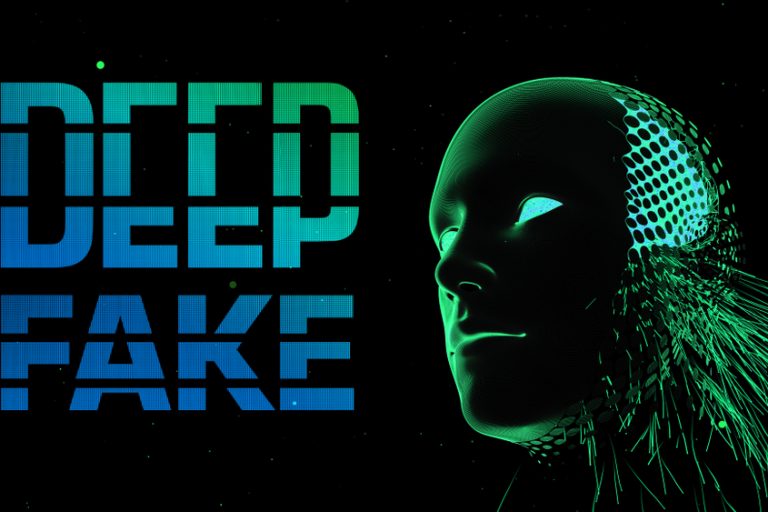My Three Cents

Ken Makovsky
Monday, October 9, 2017Take Cover, CCOs! CEO Ethical Missteps are on the Rise
How a company handles ethical lapses by the CEO or others in senior leadership roles can make or break its reputation.
Take the Wells Fargo scandal over its retail bank branches opening millions of fake customer accounts and a half million credit cards without customers’ permission. The story first broke three-and-a-half years ago in the L.A. Times and the taint still lingers — even though the now-former CEO was dismissed three years ago! The scandal emanated from a highly ingrained corporate sales culture and fears about missing the revenue numbers. Just a few days ago, the new CEO (who held the position of CFO at the time of the scandal), was vilified in a bipartisan barrage by a U.S. Senate panel, accusing him of a cover-up. P.S.: Why didn’t the company bring in an outsider instead of another insider?
Another example is Uber. As you no doubt know, Travis Kalanick was cast out as Uber CEO after a remarkable series of reputational mishaps that were amplified by all forms of media (from berating an Uber driver, who videotaped and shared the encounter on social media, to allegations of sexual harassment and an “aggressive and unrestrained” work environment). Mr. Kalanick retained his board seat after leaving his CEO post, and seems determined to make life difficult for the newly appointed CEO. It’s said he hopes to eventually make a comeback as Uber CEO.
These are not isolated instances of ethical breaches by CEOs that have severely dented corporate reputation, unfortunately. Consulting firm Strategy& observed in its recently released study on CEO Succession, which analyzes CEO changes at the world’s largest 2,500 public companies, that “the share of CEOs forced out of office for ethical lapses has been on the rise.” It rose from 3.9% of all CEOs forced out in the period 2007-2011, to 5.3% in the period 2012-2016, an increase of 36%. And the change was more dramatic in the U.S. and Canada, going from 1.6% to 3.3%, a 102% increase. Companies in the top quartile by market capitalization were even higher.
Strategy& admits that its data cannot show whether there’s more wrongdoing at large corporations today as compared with the past. But the firm says it’s indicative that CEOs are now being held to a higher level of accountability for ethical lapses than in the past.
As if Corporate Communications Officers didn’t have enough challenges in managing reputation in turbulent times, the study cites several trends shaping CEO accountability. Some (but not all) of the trends fall squarely in CCO’s lap to manage: 1) increasingly vocal negative public opinion which is hard to ignore, 2) digital communications which provide irrefutable evidence of misconduct, 3) businesses pursuing growth in foreign markets that present heightened risk, and, 4) increased governance and regulation.











